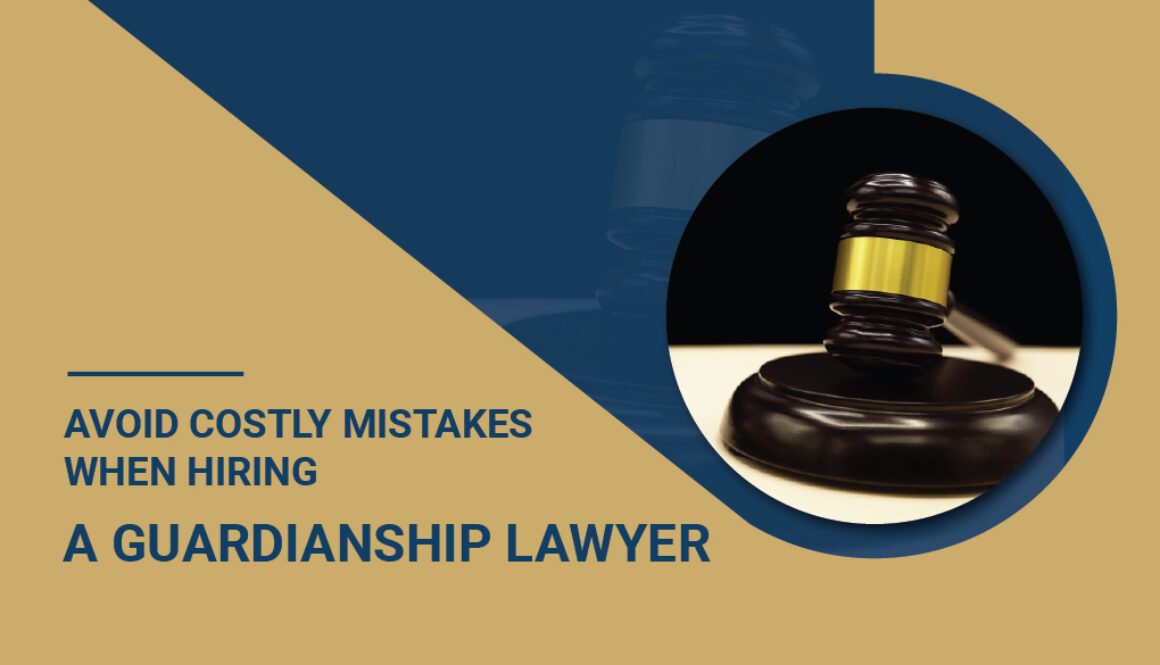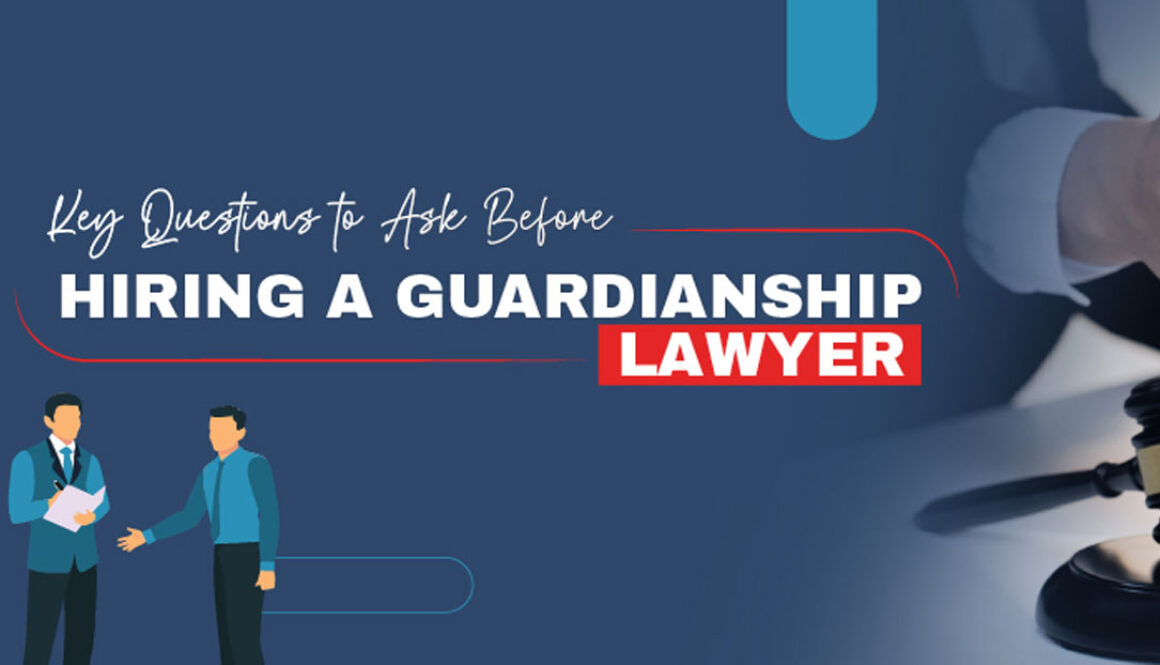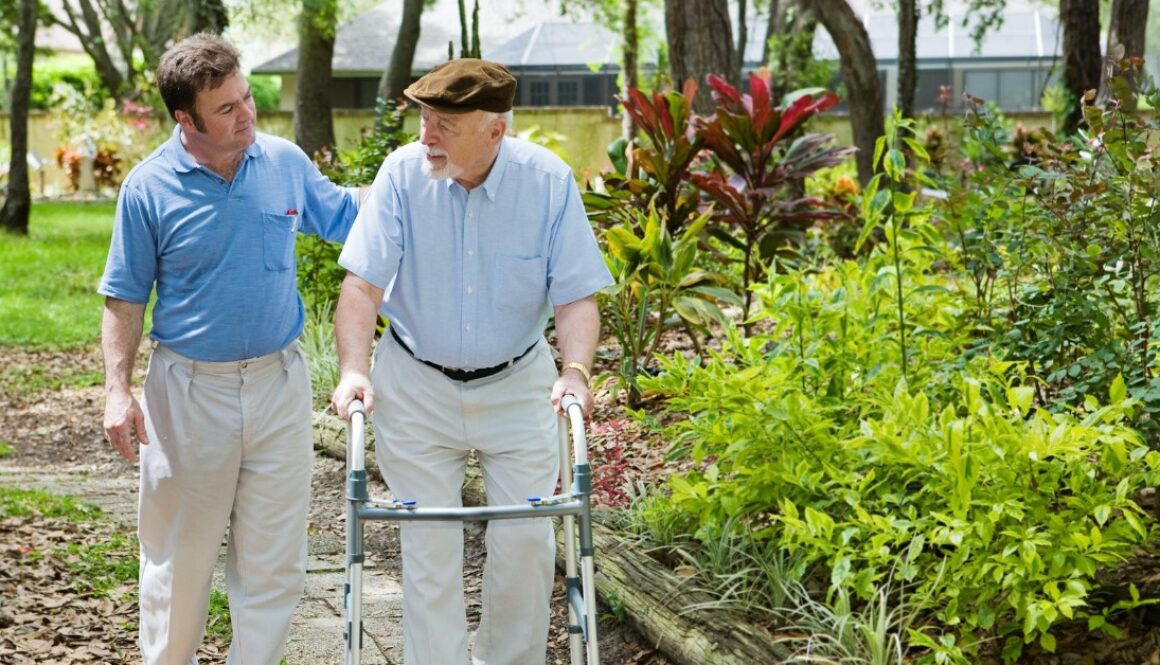Avoid Costly Mistakes When Hiring a Guardianship Lawyer
Selecting the appropriate guardianship attorney is arguably one of the most important decisions that you will make when considering the care for a loved one, whether it is an aging parent, a disabled adult, or a minor who may need a legal guardian. Most people, even in desperate situations, do not truly understand how an attorney can impact the guardianship process and outcome. Unfortunately, we often make mistakes when selecting an attorney because they are family attorneys, which can become costly quickly, delaying progress or worse, causing division amongst family members.
Not Checking the Lawyer’s Specialization and Experience
A common mistake to avoid is thinking that any family attorney can handle a guardianship case. The law on guardianship is a specialty area of law that comes with many complexities, both legal and emotional. You want to engage an attorney who has experience and knowledge on the issues, and with significant practical experience in similar cases. Ask how many guardianship cases the attorney has handled, and if they have handled cases through the courts in your jurisdiction. An experienced guardianship attorney will understand the issues to anticipate, regardless of required documentation and process, and be knowledgeable about the specific guidelines for guardianship in your state.
Ignoring Reputation and Client Reviews
It’s understandable to pick the first attorney you encounter online or the one your friend recommends, but not looking further into their reputation could lead to disappointment. You should take time to look at online reviews, testimonials, and a professional background on the state bar association’s website. Look for patterns in the reviews regarding the attorney’s professionalism, responsiveness, and outcomes. An expert who specializes in guardianship cases should have positive reviews about their empathy and communication – both vital factors when dealing with the guardian of a vulnerable person. Not considering reputation can leave you with an unresponsive or unknowledgeable attorney, which can lead to miscommunication, unnecessary costs, and procedural mistakes.
Overlooking the Fee Structure and Hidden Costs
While it’s reasonable to choose the first lawyer you find online or a lawyer a friend recommends, if you don’t check on their reputation beforehand, you may find yourself disappointed. You need to spend some time reviewing their online ratings and reviews, impact and credentials, and their professional histories from the state bar associations’ website. You are looking for common themes in the review, especially about the attorney’s professionalism, communicability, and success outcomes. Empathy and responsiveness are crucial when you are relying upon them to guide you as a guardian or the guardian of someone vulnerable. Not considering reputation leaves you exposed to hiring an unknowledgeable or indifferent attorney, which could lead to poor communication, higher costs, and procedural mistakes.
Failing to Assess Communication and Compatibility
A guardianship case often raises sensitive issues for all parties involved, whether it is a person with a diminished mental capacity, a decision about healthcare, caregiving, or discord among family members. You want an attorney who will listen to you, communicate thoughtfully, and respect your worries and concerns as they pertain to your case. A bad decision is hiring a lawyer based merely on their credentials without understanding whether you can establish rapport during the consultations you may have. How responsive are they to a phone call or email? A lawyer who has both empathy and approach will ameliorate your journey and burdens. On the other hand, excusing poor communication to avoid discomfort can lead to costly delays, mistakes, or misunderstandings.
Neglecting to Verify Credentials and Ethical Standing
Before hiring a guardianship lawyer, take time to confirm their credentials and standing with the local bar association. You will want to verify their license, insurance, and whether there are disciplinary actions or malpractice complaints. It is common for clients not to verify credentials, only to later regret it after experiencing unethical behavior or incompetence. You can typically check public records via the state bar’s website and see or ask the lawyer to provide their credentials. A credible professional will have no problem providing proof of their credentials. This simple step helps protect your case and ensures you are working with an expert who is reputable.
The Finale: Make an Informed Decision for Peace of Mind
Enlisting the services of a guardianship attorney is much more than a technicality; it is a commitment that will shape what your family’s future will look like in terms of stability and emotional health. When you take steps to be as irrelevant in your decision-making as possible to establish what steps to take, it is easy to avoid some of the common pitfalls, like not conducting background checks, not being clear about billing, and underestimating how often you will need to communicate with your attorney.






